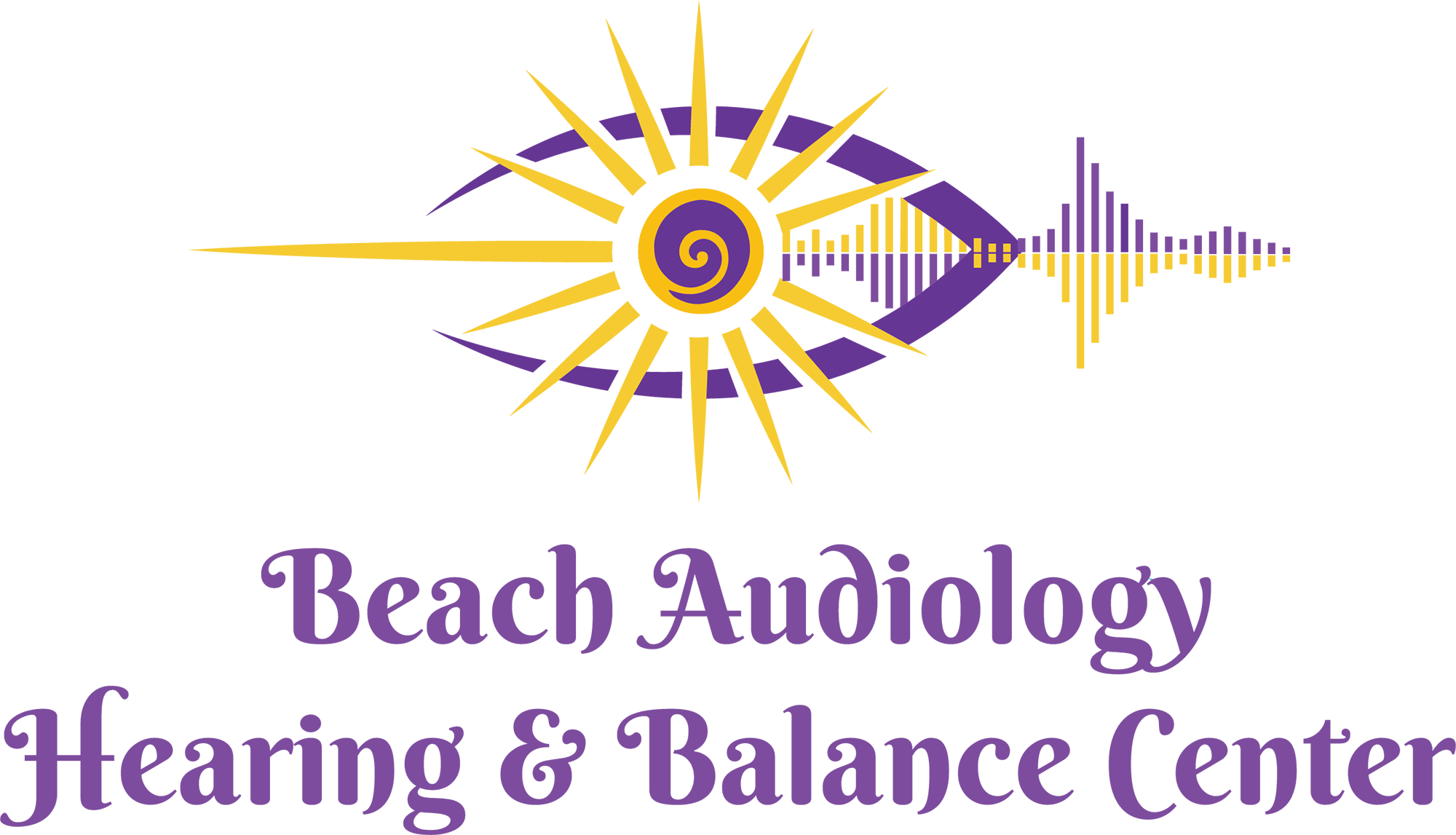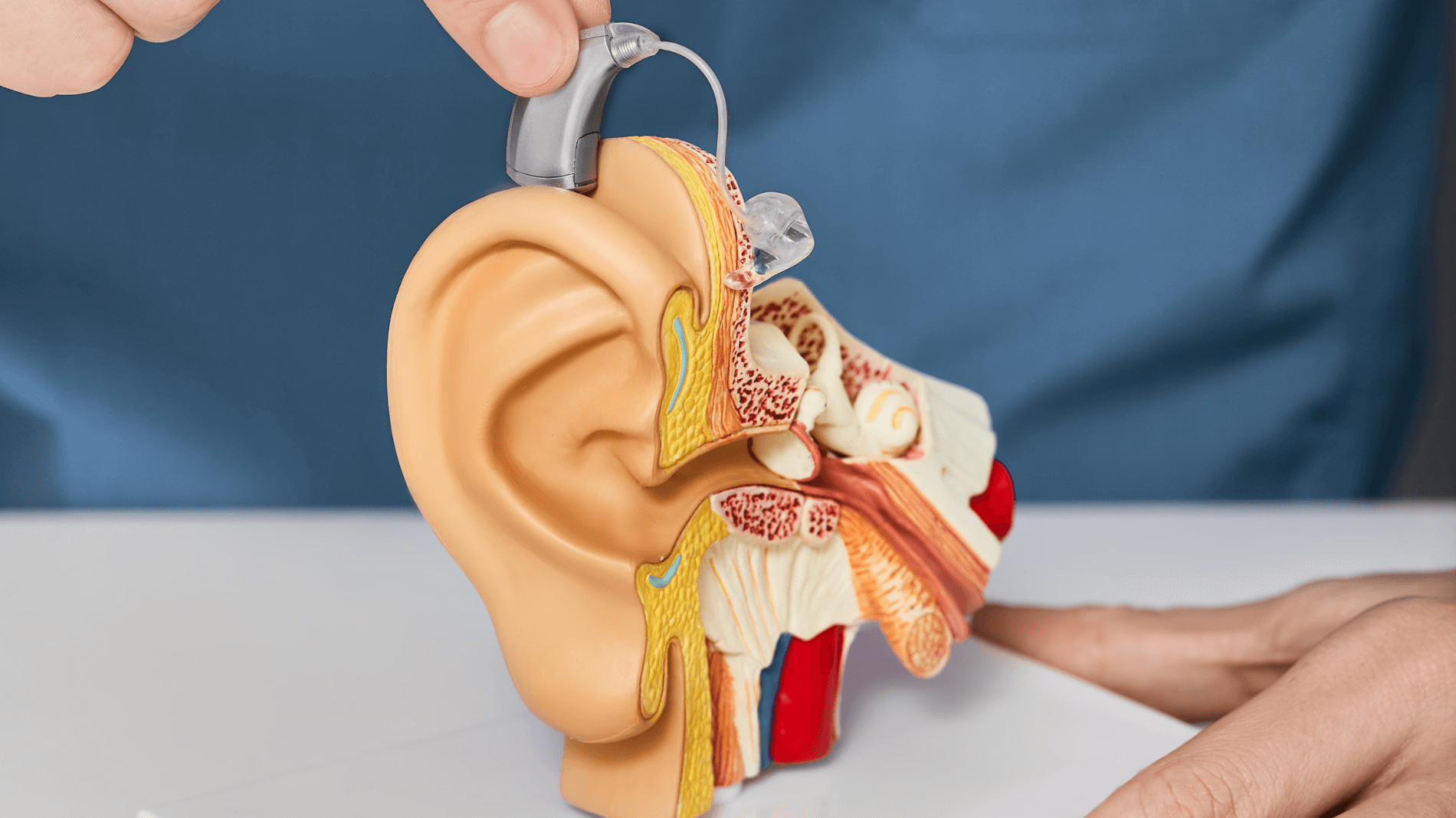Hearing loss is a prevalent health concern that can significantly impact your quality of life. Understanding the basics of hearing loss can help you monitor and maintain your hearing health. Let’s take a closer look at the ins and outs of hearing loss.
Types of Hearing Loss
Hearing loss can stem from a range of factors. There are 3 main types of hearing loss, including conductive, sensorineural, or mixed.
- Conductive Hearing Loss: This type of hearing loss occurs when there are issues with the outer or middle ear that inhibit sound from being conducted effectively to the inner ear. Common causes include earwax buildup, ear infections, fluid accumulation in the middle ear, or structural abnormalities.
- Sensorineural Hearing Loss: Sensorineural hearing loss involves damage or impairment to the inner ear (cochlea) or the auditory nerve pathways to the brain. It is often a result of aging, excessive noise exposure, genetic predisposition, certain medications, or diseases such as Meniere’s disease or otosclerosis.
- Mixed Hearing Loss: When both conductive and sensorineural components contribute to hearing impairment, it is termed mixed hearing loss. This can include a combination of issues affecting both the outer or middle ear and the inner ear or auditory nerve.
Understanding the distinct causes of hearing loss is important for accurate diagnosis, appropriate intervention, and tailored treatment plans.
Levels of Hearing Loss
Hearing loss can manifest in varying degrees of severity, including mild, moderate, severe, and profound categories.
- Mild Hearing Loss: Individuals with mild hearing loss may struggle to hear soft or distant sounds, leading to difficulties following conversations, particularly in noisy environments.
- Moderate Hearing Loss: Those experiencing moderate hearing loss may find it challenging to understand conversations without the assistance of amplification, resulting in significant communication hurdles.
- Severe Hearing Loss: Severe hearing loss can markedly impede an individual’s ability to comprehend speech without substantial amplification, potentially impacting their professional, social, and personal interactions.
- Profound Hearing Loss: The most severe form of hearing loss, profound impairment makes it hard to discern most or all sounds, necessitating comprehensive support and intervention. This could include cochlear implants or alternative communication modalities.
The Impact of Hearing Loss on Daily Life
The repercussions of hearing loss extend beyond the hearing, and can impact your daily life:
- Communication Challenges: Hearing loss can lead to difficulties in verbal communication, hindering interactions with family, friends, and colleagues. This can result in social isolation, strained relationships, and decreased participation in group settings.
- Emotional Well-being: The emotional impact of hearing loss may include feelings of frustration, anxiety, depression, and a sense of disconnect from one’s surroundings.
- Cognitive Strain: Straining to hear and process auditory information can place a notable cognitive burden on individuals, potentially impacting their mental acuity and overall cognitive function.
- Professional and Academic Impacts: Hearing loss can disrupt work performance, academic progress, and career opportunities, prompting the need for accommodations and support in professional and educational environments.
Understanding the wide-ranging effects of hearing loss underscores the importance of early detection, intervention, and ongoing management to mitigate its impact on daily life.
Treatment Options and Supportive Resources
Thankfully, there are a range of treatment options for hearing loss.
- Hearing Aids: These devices amplify and clarify sound, enhancing your ability to perceive auditory information and engage in conversations with greater ease.
- Cochlear Implants: Suitable for individuals with severe to profound hearing loss, cochlear implants bypass damaged parts of the inner ear, directly stimulating the auditory nerve and facilitating improved auditory perception.
- Assistive Listening Devices: These devices can help you focus on speech, reduce background noise, or help you connect directly to your smartphone or TV. They can also help you connect to sound systems in public venues such as transit centers, lecture halls, and concert venues.
- Communication Strategies and Techniques: Auditory rehabilitation and communication training can equip you with essential skills and strategies for navigating daily communication challenges.
Book Your Next Hearing Test
Whether you’re seeking guidance for your own hearing health or supporting a loved one with hearing loss, take proactive steps to understand, recognize, and address this condition. Book your next hearing test to find out more about your hearing health and your hearing needs.

